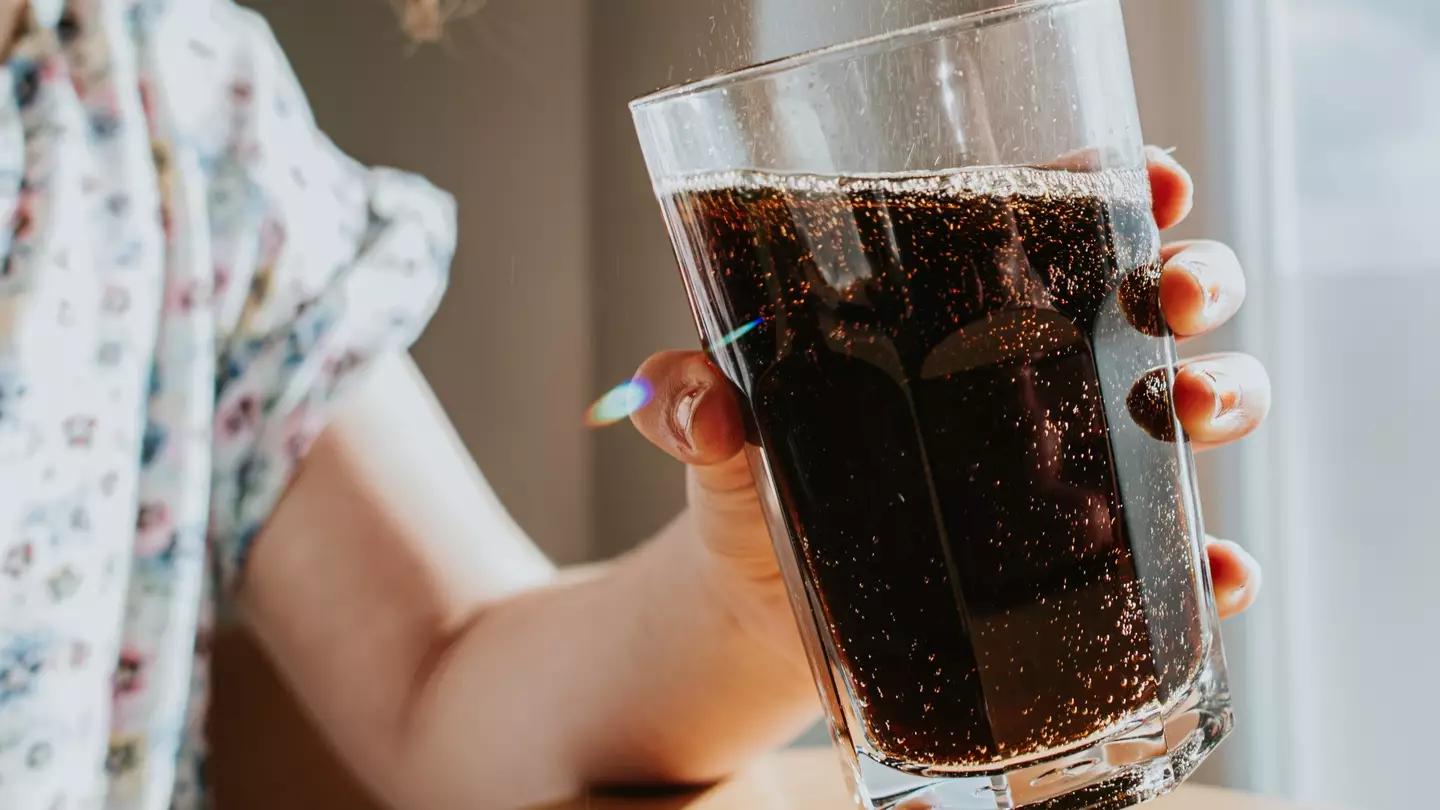
We all love a fizzy drink from time to time, with some of us even drinking them on a daily basis. But they’re not the healthiest of drinks to consume.
As you’re probably already well aware, they can lead to everything from weight gain and tooth decay to agitation and sleeplessness.
Dr Frankie Phillips told the BBC fizzy drinks are 'very acidic', which can 'can cause erosions to the dental enamel, potentially dissolving the enamel on our teeth'.
She added: "Unlike other foods which provide calories and also a range of vitamins, minerals, proteins and fibre, we don't get anything extra from just sugar sweetened fizzy drinks apart from the sugar energy."
Advert
"There has been a link between fizzy drinks and increased risk of type two diabetes. This is something that we're really concerned about."
So, if you’ve been thinking about giving up fizzy drinks for good or have been looking for a sign to do so, here is everything that happens to your body after you stop drinking them.
You'll have more energy
Even though many of us will pick up a can or bottle of pop to give us a bit of an energy boost – we know how tempting it is to grab one during a mid-afternoon slump – that boost doesn’t last long and sometimes you’ll even feel even more tired and sluggish afterwards.
.jpg)
This is because the often copious amounts of sugar in fizzy drinks cause our blood sugar levels to spike before crashing. So, if you say goodbye to these types of beverages, you should notice that your energy levels will feel a bit more stable throughout the course of the day.
You should nod off easier at night
Speaking of energy, many of these drinks – even the diet options – contain caffeine.
And if you drink them in the evening or even the late afternoon this can negatively impact your sleep.
You will likely lose weight
Your waistline will thank you too, if you swap them out for something else. Many of these types of drinks contain hidden calories that quickly build up if you drink a few glasses or cans a day.
By switching to a healthier alternative, you’ll likely save hundreds of calories a week without needing to do anything else. And if you’re anything like us, you might have noticed that you can get a bit bloated from all the gas and fizz that they contain, with it also making us prone to burping, so not drinking them will save you from that kind of discomfort.
According to YouTuber Dr. Livingood, it puts 'empty calories', without giving you 'the feeling of fullness' or 'filling you up', which can lead to you grabbing another glass without realising just how much you're drinking.
It can improve your organ health
You might not think that consuming a few fizzy drinks wouldn't have any long-term impact on your organs, but it can affect everything from your liver to your heart, Dr. Livingood warns.
In fact, 'soda drinkers face a 75 percent higher risk of painful gout', he admits. While 'research proves cutting just one daily can reduces heart disease risk by 20 percent'.
And the last thing we want to be doing is creating problems that could arise in later years or be causing us issues internally without us even realising.
It is better for your teeth
As for your teeth, drinking fizzy drinks can lead to tooth damage, which we are all probably aware of - from sensitivity to cavities and a wearing down of the enamel, both among adults and children.
Removing them from our diet completely can stop these issues from worsening and improve your mouth health overall.
And it could improve your skin
And finally, saying goodbye to soda can also have a positive effect on your skin. It’s thought that the high sugar content in many fizzy drinks can actually cause inflammation in the body, which can lead to a number of skin issues and concerns. From spots and breakouts to dryness and dull skin, cutting out excess sugar may help your skin to look clearer after just a few weeks.
So, if you were looking for a reason to give up fizzy and carbonated drinks for good, let this be your encouragement to do exactly that.
Topics: Food and Drink, Health, Life